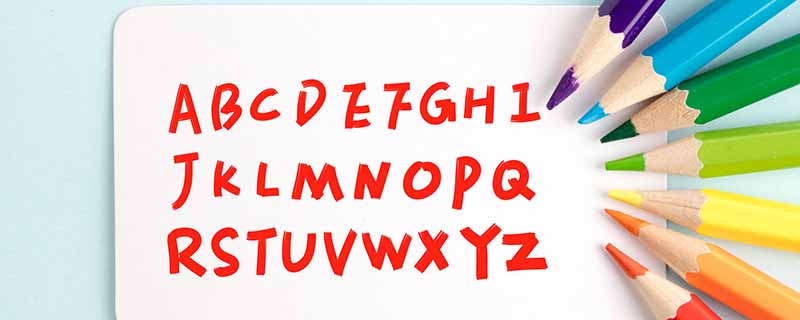judge的用法
judge的基本意思是“评判”“审判”,指法庭或类似(如仲裁)机构对悬而未决或争论不止的事依据证据、法律或道德标准等作出判断。引申可指“评价”。英语是一种西日耳曼语支,最早被中世纪的英国使用,并因其广阔的殖民地而成为世界使用面积最广的语言。英国人的祖先盎格鲁部落是后来迁移到大不列颠岛地区的日耳曼部落之一,称为英格兰。

用作不及物动词
S+~(+A)
I am not in the position to judge.
我无权作出判断。
As far as I can judge, this book is useful.
据我判断,这本书有用。
He was asked to judge at the art exhibition.
他被邀请当画展的评委。
They have their own minds.
They will judge for themselves.他们自己有头脑,可以自己作出判断。
用作及物动词
S+~+n./pron.
It is hard to judge this case.
这个案子很难断。
The court was unable to judge the case before all evidence was put before it.
在全部证据被提出来之前,法庭不能审判这个案子。
She seemed to be watching him, judging him.
她似乎在观察他,评价他。
Who is going to judge the horses?谁来评判马匹的优劣呢?
S+~+wh-to-v
Can you judge which way to take?你能判断应走哪一条路吗?
He was calm and concentrated in judging how to defeat his opponent.
他冷静沉着,聚精会神地判断如何打败对手。
S+~+(that-)clause
The police judged the criminal was still in the city.
警察断定该罪犯仍在这个城市。
本文出处:https://www.xxk520.com/xxk/27878.html

 微信扫一扫
微信扫一扫